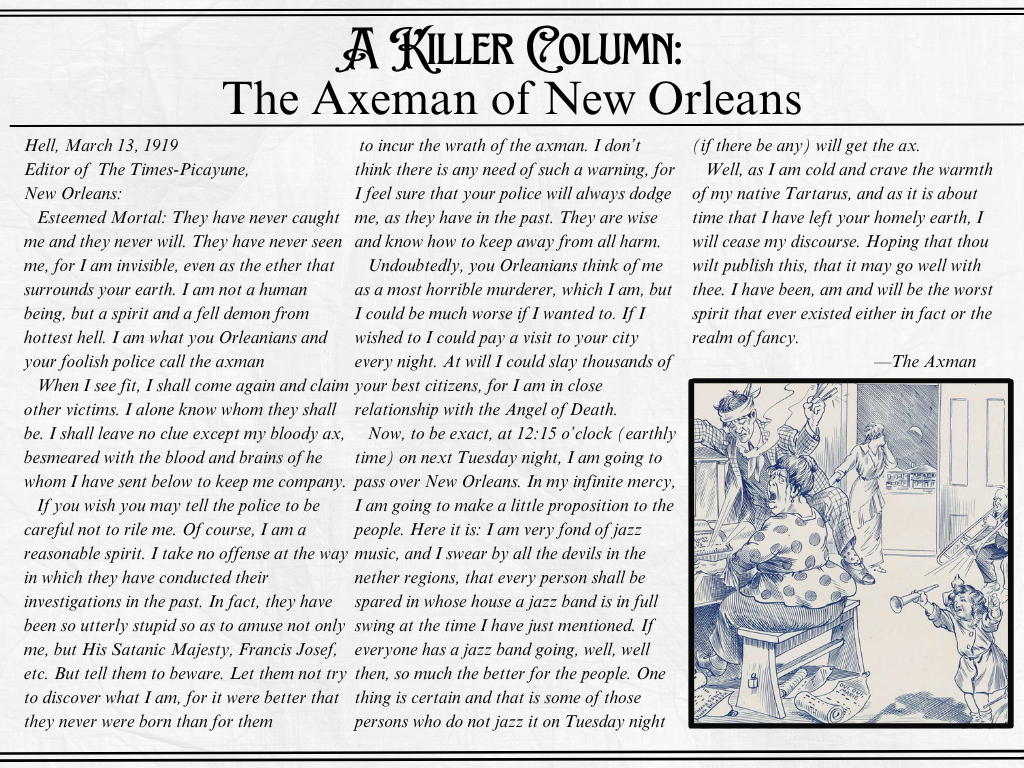A new report suggests teenagers who see friends smoking and drinking on social media sites are influenced to drink and smoke themselves.
The researchers studied around 1500 high school kids in Los Angeles who regularly use Facebook and Myspace.
Researchers believe this effect is the online version of the peer pressure kids feel at a party when their peers or friends are using drugs or drinking.
Students influenced by this pressure succumb to what researchers call FoMO, or Fear of Missing Out.
They describe FoMO as “a relatively new concept where people are concerned that others may be having more fun and rewarding experiences than them.
It is characterized as the desire to stay continually connected with what others are doing.”
Natressa Baxter, a senior management major, said she doesn’t use social media but sees possibility for truth in the study.
“Social media makes your life transparent and it allows you to view and connect with people you typically wouldn’t associate with,” Baxter said.
Baxter believes that this creates an environment where everyone seems like a friend and when people post something about drinking or drugs it may give other people the idea that they should do the same thing because their “friends” are doing it.
The study also showed “that the link between social media and illicit consumption was even more pronounced for individuals who didn’t have regularly-partying friends. Digital peers wielded even stronger an influence than those in real life.”
But Keisha Haynes, a psychology senior major, doubts the results of the study because she believes you tend to be friends with people you are most like
“Saying that, I believe social media has just made the natural process of how young adults and teenagers make friends more apparent,” said Haynes. “So to say more young adults are doing drugs and drinking because of who their friends are on Facebook or Twitter is a little extreme in my opinion.”
Increased drinking and smoking aren’t the only downsides to FoMO. Studies also link FoMO to increased anxiety and depression.
Students who feel they are missing out feel inferior and ashamed which “may increase vulnerability to depression, anxiety and stress.”
Researchers say how many online friends a student has doesn’t really affect if they engage in more risky behavior.


